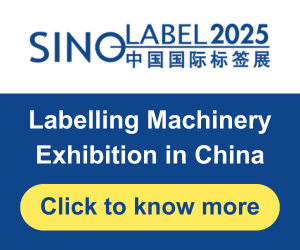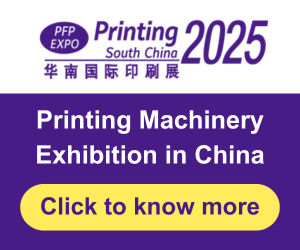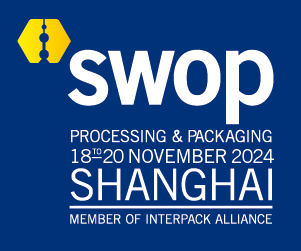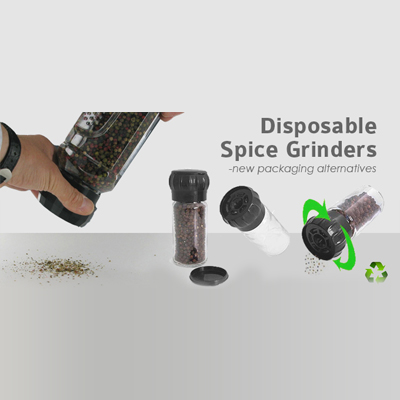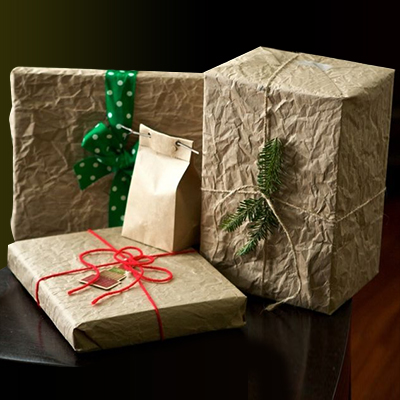Enhancing B2B Branding Through Custom Packaging
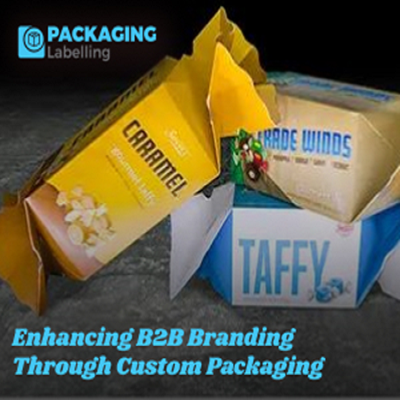
Introduction
In today's rapidly changing business landscape, B2B brands face intense competition, highlighting the need for differentiation. While product quality and service excellence are crucial, the role of custom packaging solutions often remains undervalued. However, tailored packaging solutions provide a unique opportunity for B2B brands to establish a distinctive identity and leave a lasting impression on their clients. This article aims to explore the significance of custom packaging solutions for B2B brands and provide insights into effective strategies for leveraging them in a highly competitive market.
The Power of a First Impression
For B2B transactions, creating a positive first impression holds immense significance. Custom packaging serves as the tangible face of the brand, providing a tactile experience for clients. Therefore, an intelligently crafted packaging strategy can set the stage for a successful business relationship right from the outset.
Balancing Professionalism and Creativity
The challenge for B2B brands lies in striking a balance between professionalism and creativity in their packaging solutions. While professionalism instills a sense of reliability, creativity can help a brand stand out amidst competitors. The fusion of these elements is crucial in defining a brand's unique identity and fostering a sense of trust and admiration among clients.
| Also Read:Custom Labels for Brand Identity: Making Your Mark in the Market |
Understanding Specific Business Needs
A deep understanding of clients' expectations and the unique demands of the industry is crucial in designing effective custom packaging solutions for B2B brands. As these businesses cater to corporate entities, emphasizing durability, practicality, and aligning the packaging design with the values and ethos of their clients become essential elements in creating an impactful packaging strategy.
The Significance of Personalization
Personalization is a key factor in creating memorable packaging for B2B brands. Tailoring packaging solutions to meet the specific requirements of clients not only reflects a brand's commitment to customer satisfaction but also establishes a strong emotional connection. Incorporating personalized messages, company logos, or tailored designs can go a long way in nurturing long-term relationships and fostering client loyalty.
Strengthening Brand Identity
In a competitive market, brand recognition is essential for the success of a B2B brand. Custom packaging acts as a potent tool to fortify a brand's identity and principles. Maintaining consistency in branding across all platforms, including packaging, fosters a sense of dependability and confidence, encouraging clients to opt for a familiar and trusted brand over its competitors.
Promoting Environmental Sustainability
The growing emphasis on environmental sustainability has prompted businesses, including B2B brands, to incorporate eco-friendly practices into their operations. Custom packaging provides an excellent avenue for B2B brands to showcase their commitment to sustainable practices. Utilizing recyclable materials, reducing waste, and advocating for environmental responsibility not only aligns a brand with the values of modern consumers but also contributes to a positive brand image.
Harnessing the Power of Tangible Experiences
In a digital era dominated by virtual interactions, the allure of tangible experiences remains unparalleled. Custom packaging allows B2B brands to extend their brand story beyond the digital realm, creating a tangible and memorable experience for their clients. By incorporating storytelling elements into the packaging design, businesses can effectively communicate their journey, values, and mission, thereby forging a deeper emotional connection with their clients.
Integrating Technology for Enhanced Engagement
The integration of technology in custom packaging solutions offers an avenue for B2B brands to enhance client engagement and provide added value. Incorporating innovative features such as QR codes, augmented reality, or interactive elements into the packaging can elevate the unboxing experience, making it more interactive and engaging for clients. This not only adds a unique touch to the packaging but also demonstrates a brand's commitment to staying at the forefront of technological advancements.
Strategies for Effective Implementation
Implementing custom packaging solutions necessitates a comprehensive approach that integrates various strategies to ensure maximum impact. B2B brands can consider several tactics to effectively leverage custom packaging to their advantage.
1. Market Research and Analysis: Prior to implementing any packaging strategy, conducting thorough market research and analysis is imperative. Understanding the market dynamics, consumer preferences, and industry trends can provide valuable insights into designing packaging solutions that resonate with the target audience. By staying attuned to market shifts, B2B brands can adapt their packaging to meet evolving customer expectations and demands.
2. Collaborative Design Approach: Collaborating with experienced packaging designers and manufacturers can significantly enhance the quality and creativity of custom packaging solutions. Engaging professionals who possess a deep understanding of the industry landscape and consumer behavior can facilitate the development of innovative and practical packaging designs that align with the brand's vision and values.
3. Seamless Integration with Branding Strategy: Custom packaging should seamlessly integrate with the overall branding strategy of a B2B brand. From the choice of colors, fonts, and materials to the inclusion of brand elements, every aspect of the packaging should reflect the brand's ethos and personality. A cohesive branding approach reinforces brand recall and fosters a sense of familiarity and trust among clients.
4. Quality Assurance and Durability: Prioritizing quality assurance and durability in custom packaging solutions is crucial for B2B brands. Ensuring that the packaging materials are resilient, secure, and capable of protecting the products during transit demonstrates a commitment to delivering products in pristine condition. Reliability in packaging further enhances the brand's reputation for providing high-quality products and services.
5. Continuous Innovation and Adaptation: The business landscape is dynamic, and customer preferences are constantly evolving. B2B brands must embrace a culture of continuous innovation and adaptation in their packaging solutions. Experimenting with new materials, designs, and interactive features can help keep the packaging fresh and appealing, capturing the attention of clients and setting the brand apart from competitors.
6. Feedback and Iterative Improvement: Soliciting feedback from clients and stakeholders regarding the packaging experience can provide valuable insights for iterative improvement. Actively seeking input on the functionality, aesthetics, and overall impact of the packaging can help B2B brands refine their strategies and cater more effectively to client preferences. Incorporating client feedback demonstrates a commitment to customer-centricity and facilitates the development of packaging solutions that truly resonate with the target audience.
7. Scalability and Cost-Efficiency: While focusing on creativity and innovation, it is imperative for B2B brands to ensure that their custom packaging solutions are scalable and cost-efficient. Balancing the need for high-quality, distinctive packaging with cost-effective manufacturing and distribution processes is essential for maintaining a competitive edge in the market. Streamlining production processes and optimizing the supply chain can contribute to cost savings without compromising on the quality and appeal of the packaging.
By implementing these strategies, B2B brands can harness the full potential of custom packaging solutions to elevate their brand presence, foster meaningful client relationships, and ultimately achieve long-term business success in a dynamic and competitive market landscape.
Conclusion
In conclusion, custom packaging solutions play a crucial role in helping B2B brands establish a distinct presence in a highly competitive market. By focusing on professionalism, creativity, personalization, brand reinforcement, sustainability, storytelling, and technological integration, B2B companies can craft an impactful packaging strategy that not only impresses clients but also fosters lasting relationships. Embracing the potential of custom packaging as a dynamic marketing tool is essential for B2B brands looking to make a significant impact and carve a niche in the ever-evolving business landscape.




